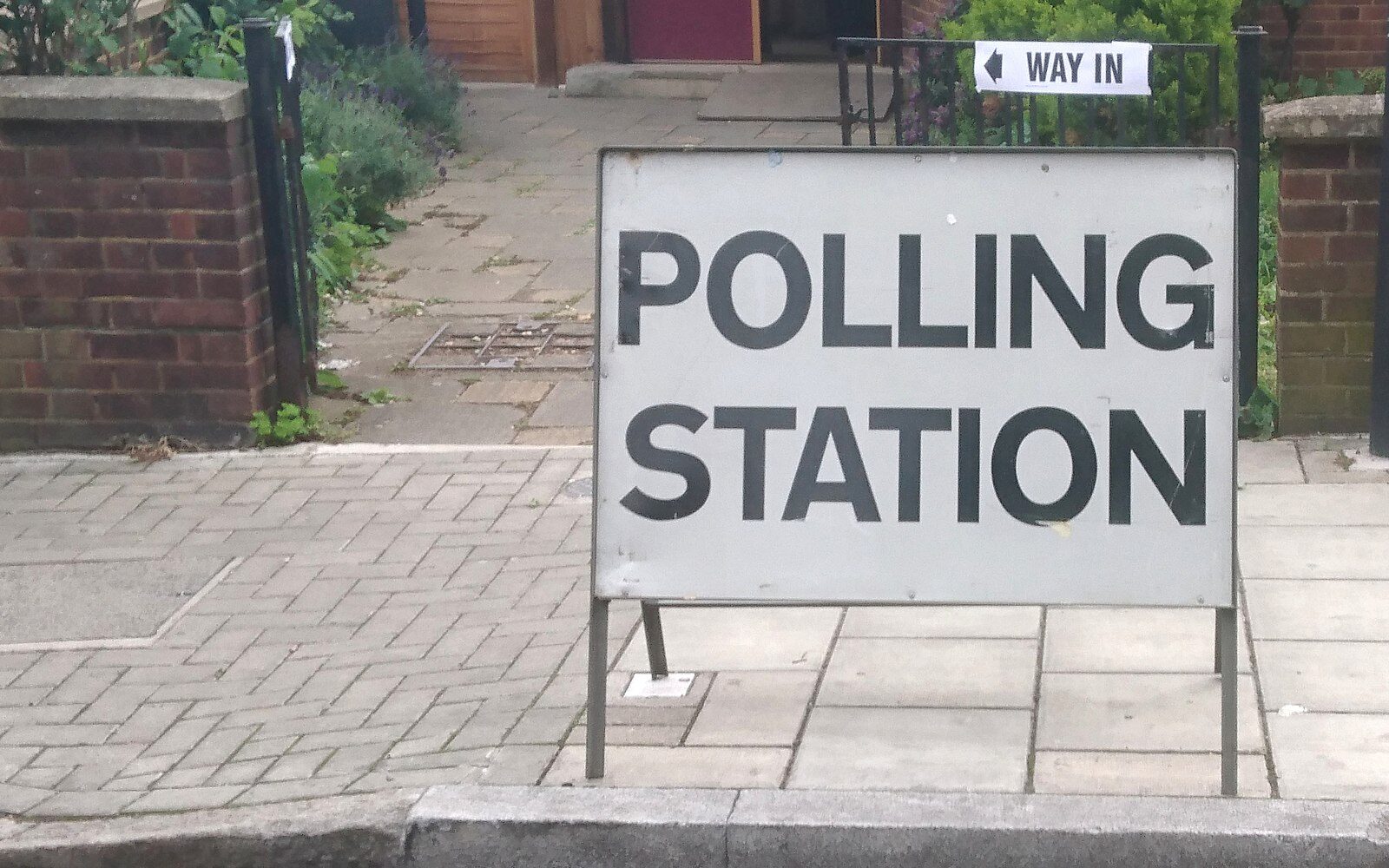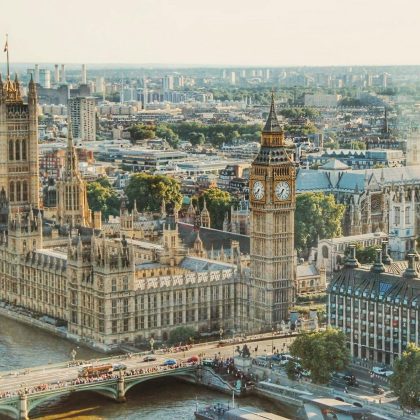Coverdale Barclay’s Edward Poynton looks at the key battlegrounds of the upcoming local elections this week and who’s likely to win and lose.
Mired in controversy due to delays following council reorganisation plans, as well as the first major opportunity for the electorate to let the Labour government know how they have been doing since the general election – the local elections on 1st May will deliver some interesting and enlightening results.
1,600 councillors are up for election, with over a third of the population being eligible to vote. On the same day, a by-election for the parliamentary seat of Runcorn and Helsby will be taking place after Mike Amesbury resigned his seat following his conviction earlier this year.
Particular attention will be given to that race as it will be the first parliamentary by-election of this Parliament, an antsy affair for any new government, and due to the fact Runcorn and Helsby is a “red wall” seat, it will likely be eyed up by Reform for the next general election.
Up for election in May 2025 are:
- 14 county councils
- 8 unitary authorities
- 1 metropolitan borough
- The North Tyneside mayoralty
- 4 combined authority mayors
What to expect?
It’s unlikely Labour will be the biggest casualty of the night. The Conservatives may yet still continue to be punished with another rough election night in a long list since 2023. This is partly due to the nature of the seats up for grabs in predominantly Conservative-voting areas.
The Conservative Party
The Conservatives are defending the most seats with many of them having been won in 2021, a period of much higher polling for the party compared to now. There are several Conversative councils that hold thin majorities, so they will likely lose control of a number of authorities.
There are some councils up for election, such as Staffordshire and Kent, where the Tories have a stronger majority. If they lose these elections, it will be a sign that the party is a long way from recovering its reputation among voters – a far cry from when the Conservatives were viewed as the default party of local government less than half a decade ago.
Look out for Lincolnshire County Council, which was home to the Conservative’s safest seat in the UK until July 2024 when Reform UK took the seat. With Reform aiming to stand a councillor in every seat in this council, the Conservatives will have to treat their threat seriously.
Election outcomes in Gloucestershire, Devon and Cornwall will also be interesting to watch as the Conservative heartland in the southwest has been steadily chipped away by the Liberal Democrats over successive years. The efficient and unstoppable Lib Dem local election machine will be looking to continue its successes.
The Labour Party
Despite a difficult start for the government and weak polling for both Labour and Keir Starmer, the party will likely escape severe electoral punishment. It has never polled well in most of the areas up for election and doesn’t have many seats to lose.
Labour has leaked support to Reform, the Lib Dems and the Greens however, which may see them without any significant gains. Look out for the Lancashire and Derbyshire County Council elections where Labour won several seats in 2021 and became the second largest party in both councils. If they stagnate or lose seats, it will be a clear sign the honeymoon period for Labour, if there was any to begin with, is over.
Doncaster Council will be another one to watch as the only Labour-run authority up for election, having been red for the majority of the period since 1974. If Reform recreate their performance in the area from July 2024, they may be able to threaten Labour’s dominance in Doncaster and raise further concerns about Labour’s future performance in the ‘red wall’.
There will also be some worries for Labour strategists when it comes to the mayoral election for the West of England. While Dan Norris will not be standing, the allegations against him and the circumstances of his arrest will cast a long shadow that Labour and their candidate, Helen Goodwin, won’t be able to ignore.
As the two parties won’t work together, the Greens and Lib Dems will both think they have the votes to topple Labour from the mayoralty –meaning vote splits and Labour’s existing healthy majority will likely see Labour home despite the arrest of Norris.
Liberal Democrats
The Liberal Democrats’ bread and butter is local elections, and they have efficiently taken chunks out of traditionally Conservative councils in the recent past, winning the votes of unhappy, socially liberal Conservative voters as well as strategic voters. While Lib Dem polling has barely moved since the general election, the party has always been happy with a small but loyal support base and will look to continue its successes in traditionally Conservative strongholds.
The Lib Dems will be hoping for successes in the southwest. Oxfordshire County Council will also be one to watch as the party currently leads a minority coalition with the Greens and will want to secure a strong majority. This will continue their dominance in Oxfordshire and remove any chance of a Conservative-led local authority in the county, an outcome that would have been unbelievable less than ten years ago.
Reform UK
Reform UK, helmed by Nigel Farage, is the spectre that haunts both major parties. As the only party with a significant increase in popularity since the general election, Reform will hope to annihilate Conservative dominance in the areas up for election and pick up Labour seats where possible. To take the aforementioned Doncaster Council off Labour would cement Reform as the threat it purports to be.
Reform may struggle however, as it doesn’t have the same on-the-ground election machinery to fight local elections as the other parties do. Nevertheless, its social media savviness and Farage’s constant presence on screens threaten to override this.
The Green Party
In these local elections, the Green Party finds itself in much the same position as Labour. The Greens do not historically, or currently, have much success in the councils up for election and are contesting the least seats of any of the ‘major’ parties.
However, they will hope to see some translation of their historic successes at the general election into some gains in these local elections. Unfortunately, they face fierce opposition from the Lib Dems in the areas they have the strongest support, such as in the southwest and Oxfordshire, and in the mayoral election for the West of England.
While the Lib Dems will be mopping up disillusioned Tory voters, the Greens will hope to win over disillusioned Labour voters which they’ve succeeded in doing so in recent years with their strong showing in Oxford last year and their takeover of Bristol City Council. The shire counties are a different populus though, and the Lib Dems have proven they are capable themselves of winning over Labour voters in these counties. The Greens won’t suffer at these local elections but they’ll have to work hard to get something to write home about.
What to take away from the results
Local elections always act as “temperature checks” for the government – with the caveat that voters don’t always act in the same way they would for a general election, voting more on local issues or as protest votes. According to Sir John Curtice, legendary electoral researcher, one in five voters cast their votes for a different party at the local level compared to who they’d vote for in a general election.
Luckily for Labour, this “temperature check” will not be as severe as others have been, due to Labour’s lack of seats in many of the areas. However, the by-election for Runcorn and Helsby will be interesting to watch as a safe Labour seat.
Overall, the local elections will measure the Conservatives’ continued shaky position in opposition, as well as whether Reform can continue to turn their popularity online into concrete results – or whether the general election was a fluke. It will also be interesting to see Reform’s policy in action, for instance on planning reform, if they win a substantial number of seats. The realities of local government will mean their populism will need to take a clear position on central government planning policy.



